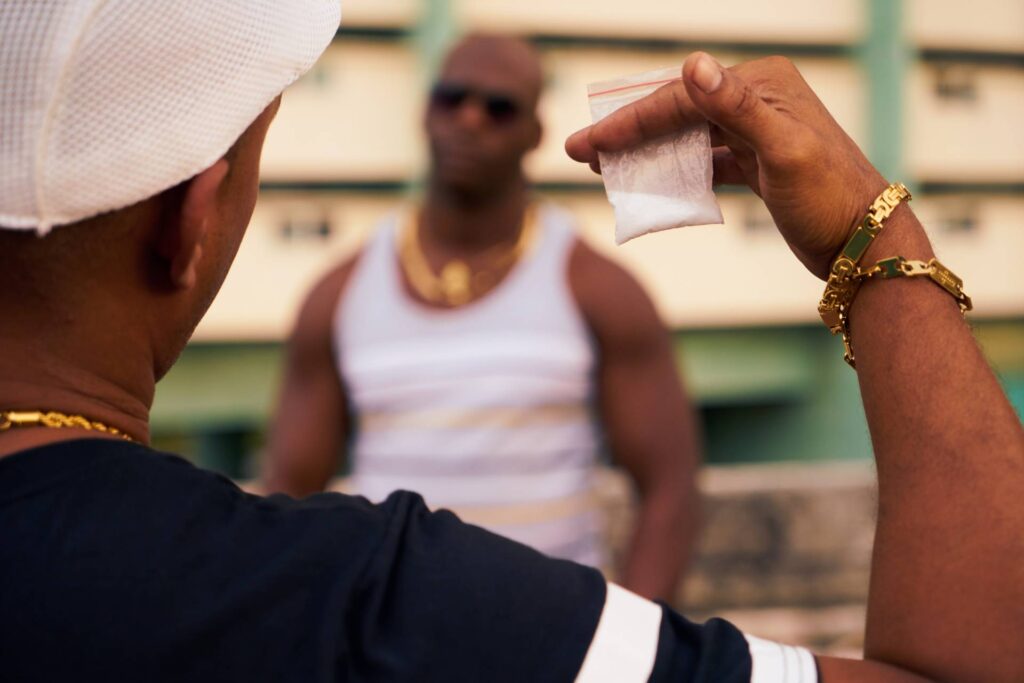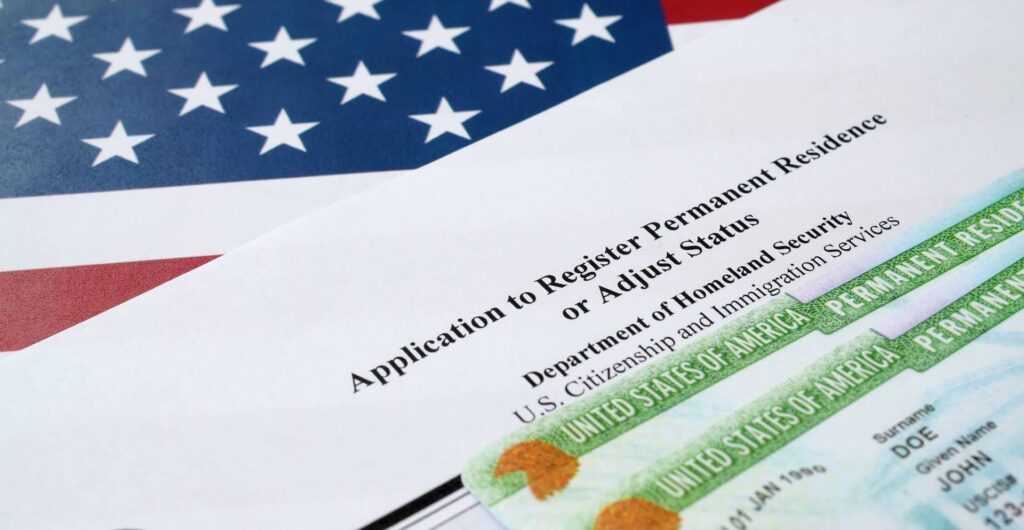Taking a family member’s car for a spin without asking for their permission can be all fun and exciting until you get arrested. The potential legal consequences of joyriding may not be as joyous as the ride in Massachusetts. You can be accused of theft or even carjacking depending on the circumstances surrounding the incident and may need a criminal defense lawyer in Boston for legal representation.
Unlike other states like Florida that consider both temporary and permanent possession of someone else’s car as theft, Massachusetts is a little bit different. Your intentions determine the magnitude of the crime you will be charged with.
How Does the Law Distinguish Joyriding from Theft?
Intention to drive a car and not keep it differentiates a joyrider and a thief. The prosecution needs to prove that you took the car and planned never to return it to the owner – to convict you of motor vehicle theft. Prior authorization may have been granted or assumed in family situations, which may not be considered motor-vehicle theft.
A joyrider is not as sophisticated as a thief, and joyriding is considered a less serious offense. Convicts of car theft can receive sentences of up to 15 years in Massachusetts, but joyriding punishment is less severe.
This is how joyriding may look like:
- A teenager taking his/her mother’s car definitely plans to return it before the parents find out
- A vehicle left by the roadside in a worse condition, for example, with an empty tank or with unidentifiable odors
On the other hand, attempted thievery will look like this:
- An attempted sale of the vehicle
- Located in the chop-shop
- Car found in the person’s possession after a long period
What are the Criteria for a Conviction?
The burden of proof lies with the prosecution, while an experienced Boston property crimes lawyer should be present to defend your rights. To convict you, the court must be certain that:
- You used the family member’s vehicle
- You used it without the permission of the person with the legal right to control the car or the owner
- You knew that you had not been authorized to use the vehicle at the time
When is Joyriding Considered More Serious?
The consequences of joyriding are usually lesser than that of other property crimes. However, they can be aggravated if you:
- Damage the car
- Intended to use the family member’s car to commit a crime
- Fail to return the vehicle within a reasonable period, for instance, more than 48 hours
Will the Passengers in the Car Also Be Charged?
Passengers can be arrested and charged along with the driver that took the car without the owner’s authorization. However, if the passengers were not aware that the driver was joyriding, they cannot be convicted.
The prosecution has to prove that the other parties in the vehicle knew that the driver had no authorized access but still went ahead to ride in it. For instance, if the driver broke into the car or hot-wired it in their presence, the investigation can argue that they knew.
What is the Possible Punishment for Joyriding?
If you are convicted for the crime of joyriding, a skilled criminal defense attorney can negotiate for the least possible punishment.
Probation Court-ordered supervision can last anything from six months to a year or more. You may be required to regularly report to a probation officer, submit a drug test, or follow a curfew during the probation period.
Community Service
The defendant may be required to dedicate some hours to do community service. It could be volunteering with local charity organizations or picking trash on the roadways in Massachusetts.
Imprisonment
If you are arrested for joyriding, you may receive a sentence of up to one year. However, if the offense was more serious, the jail term can go up to three years.
Fines
The fines in Massachusetts can range between $50 and $1,000.
Restitution
If you get into a crush and someone gets injured, the court may demand that you repay the victim the money they spent in the hospital. You may have to also cater for the repairs of the damaged car.
Suspended Driver’s License
You can have your driver’s license revoked or suspended if you are convicted for joyriding.
How are the Joyriding Criminal Penalties Classified?
According to the Massachusetts General Laws Chapter 90 Section 24(2) (a), a first time joyriding offense is considered a misdemeanor.
Like many other criminal offenses, prior convictions significantly affect your case’s outcome.
- 1st Offense – First-time offenders can be imprisoned for between 30 days and two years, or a fine of between $50 and $500. Your driver’s license may lose validity for a year.
- 2nd Offense – For a second time, joyriding can land you between 30 days and 2½ years in the house of corrections or have you part with up to $1,000 in fines. What’s more, the offender’s driver’s license can be revoked for three years.
- 3rd Offense – If you joyride for the third time within five years from when you committed the first offense, you can be fined between $200 and $1,000. Alternatively, the court can have you detained in the state prison for between 2½ years and five years, or 6 to 2½ years in the house of corrections.
- You will not be able to drive for three years because your license may be revoked.
Legal Aid Fighting for Your Freedom
We cannot underestimate the impact of a criminal conviction on your life, but working with an experienced criminal defense lawyer can help. It might be an error of judgment or a misunderstanding that landed you in trouble, but that doesn’t have to define your fate.
If you are arrested for taking a family member’s car without their permission, call a Boston property crimes attorney today to begin the process of building a strong defense. Attentive client service and around-the-clock availability are vital in easing your worries and concerns. The goal is to keep your criminal records clean and keep you out of jail.











